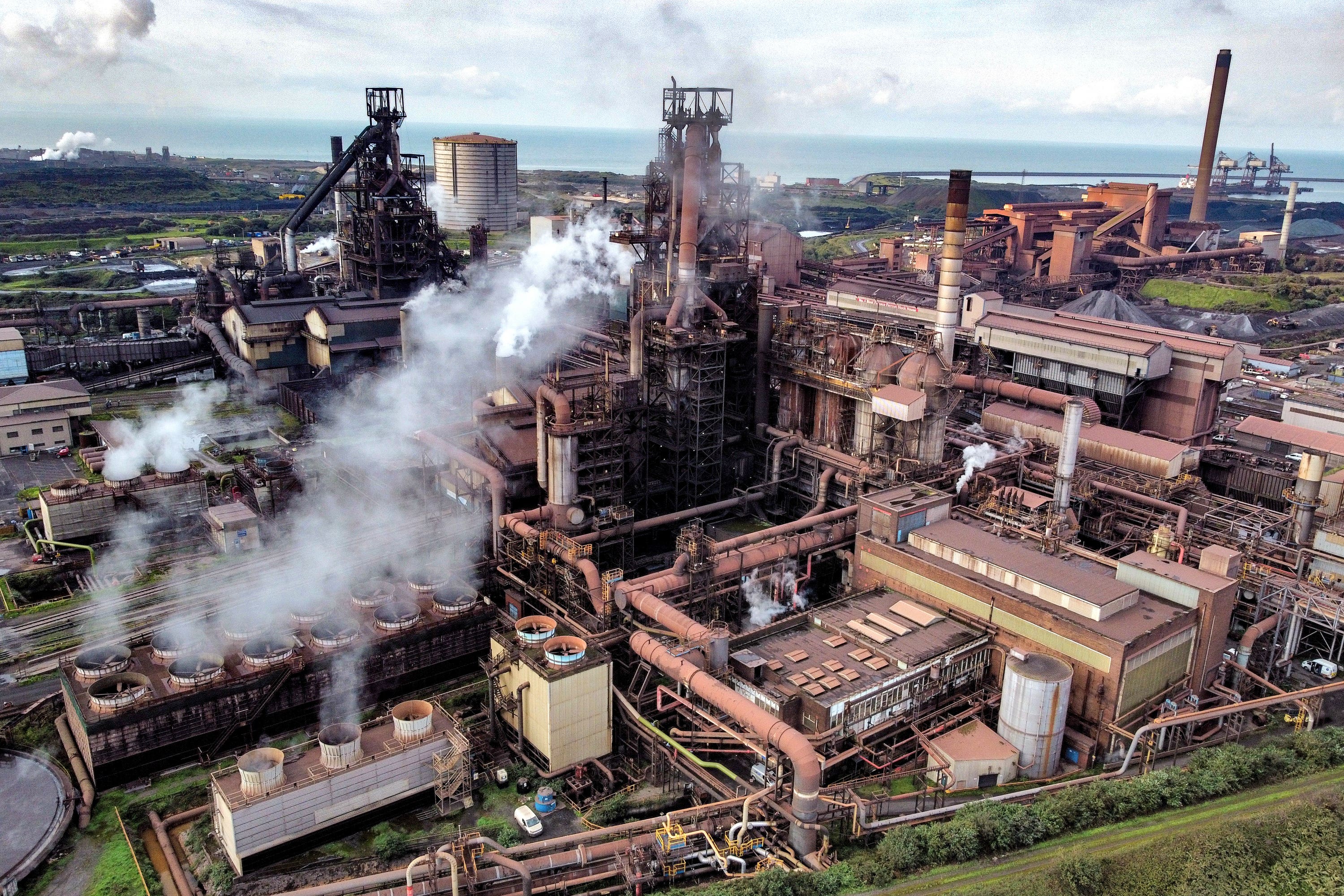Steel giant Tata shuts down one of two blast furnaces at Port Talbot plant
The company said it had ceased operations of Blast Furnace 5 at the south Wales site as part of its restructuring programme.

Your support helps us to tell the story
From reproductive rights to climate change to Big Tech, The Independent is on the ground when the story is developing. Whether it's investigating the financials of Elon Musk's pro-Trump PAC or producing our latest documentary, 'The A Word', which shines a light on the American women fighting for reproductive rights, we know how important it is to parse out the facts from the messaging.
At such a critical moment in US history, we need reporters on the ground. Your donation allows us to keep sending journalists to speak to both sides of the story.
The Independent is trusted by Americans across the entire political spectrum. And unlike many other quality news outlets, we choose not to lock Americans out of our reporting and analysis with paywalls. We believe quality journalism should be available to everyone, paid for by those who can afford it.
Your support makes all the difference.Steel giant Tata has shut down one of two blast furnaces at its biggest plant under its plans to switch to a greener form of production.
The company said it had ceased operations of Blast Furnace 5 in Port Talbot, south Wales, as part of its restructuring programme to stem “unsustainable” losses of over £1 million a day.
The decommissioning of Blast Furnace 5 and associated plant started immediately after the last liquid iron was produced on Thursday. The second blast furnace is due to be shut down in September.
Our challenge is now to focus on a more sustainable and competitive future for our business that will ensure the continuation of steelmaking in the UK for generations to come
Tata Steel UK’s chief executive Rajesh Nair said: “All those who have been involved in operating and maintaining Blast Furnace 5 since it started operations in 1959 should take a great deal of pride in the part they have played in underpinning the UK manufacturing industry for so many years.
“Our challenge is now to focus on a more sustainable and competitive future for our business that will ensure the continuation of steelmaking in the UK for generations to come.”
Unions are opposed to the plans, which will lead to the loss of around 2,800 jobs, and have been urging Tata to wait until the outcome of the General Election.
Tata said it would make every effort to mitigate the impact of the transformation on affected employees and the local community.
It said it had put forward the most favourable financial package of support it had ever offered, including facilities for training and upskilling, alongside finance for small and medium-sized businesses through the UK Steel Enterprise regeneration and job creation scheme.